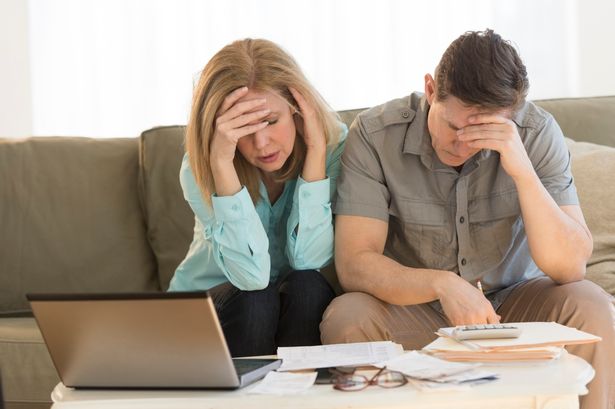If you’re struggling with debt and you’re thinking of declaring yourself bankrupt then you need to get advice from people like Creditfix to make sure you’re doing the right thing.
Why do people become bankrupt?
You can either apply for bankruptcy yourself or you can be forced by creditors. If you owe a creditor more than £5,000 then they can apply for you to become bankrupt. However, in practice, bankruptcy is a last resort and is only really advisable for people with unsecured debts of at least £20,000.
For amounts smaller than £20,000, solutions like individual voluntary arrangements (IVA) and debt relief orders (DRO) may be better.
How does it work?
If you want to become bankrupt, you’ll need to fill in an online form at the GOV.uk website. You’ll need payslips, benefit letters, bills, council tax letters, rent or mortgage details and the details of all your debts. The GOV.uk website will have a full list of all required documents.
You’ll need to pay £680 in England and Wales and £669 if you’re in Northern Ireland. This might seem steep, but by paying online you can make installments of as little as £5.
Once your application is submitted, the adjudicator will decide within 28 days whether to grant you a bankruptcy order or whether to reject your application.
If your application is successful
If you’re declared bankrupt then your bank accounts are immediately frozen and some or all of your non-essential assets might be sold to pay your creditors. The remaining amount of your debt, if there is any, will be wiped out, unless your income is deemed to be high enough for you to make some ongoing payments each month (for up to three years).
How long are you bankrupt for?
Usually, bankruptcy lasts for 12 months and during this time you’re an “undischarged bankrupt”. Even after the 12 months is up, your bankruptcy will remain on file for a further five years. This means that credit providers, banks, and similar organisations will be able to see you were bankrupt and use this information in their decision making.
Can you still get credit?
When you’re in the process of filing for bankruptcy you won’t be able to get a credit card or a personal loan and for the 12 months afterwards you probably won’t be able to get a bank account that offers a chequebook or an overdraft.
You’ll probably be restricted to a very basic bank account so you can pay direct debits and standing orders and receive wages and benefits.
What else can be affected?
You might think that it’s just things like loans, credit cards and bank accounts that can be adversely affected by bankruptcy, but there are other things as well.
You might find that your insurance premiums go up, as providers can see your recent bankruptcy. You must inform companies and service providers if you’ve recently been bankrupt, even if it does mean paying a bit extra. Some insurers may simply ask you to pay your year’s premiums upfront because their credit search will show up your bankruptcy.
In extreme cases, your home may be sold to pay your debts and this may mean you have to find rental accommodation. In these circumstances, having a financially-stable friend or relative to act as guarantor for the tenancy is helpful.
